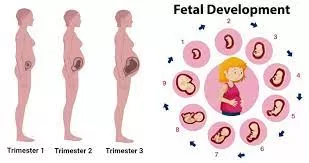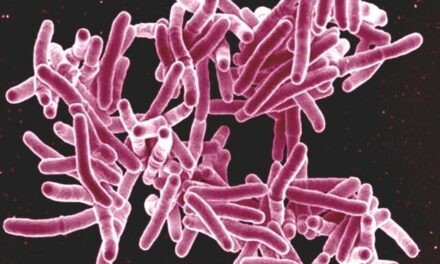UC Davis Research Indicates Ketogenic Diet Could Delay Early Alzheimer’s Symptoms in Mice
A recent study from UC Davis has unveiled promising findings about the ketogenic diet, suggesting it could significantly delay early Alzheimer’s symptoms in mice by enhancing levels of beta-hydroxybutyrate (BHB), a key molecule associated with improved memory and cognitive functions. The research, published in Communications Biology, builds on earlier findings that linked ketogenic diets to increased lifespan in mice.
Understanding the Ketogenic Diet
The ketogenic diet is characterized by its low-carbohydrate, high-fat, and moderate-protein composition, shifting the body’s metabolism from glucose to fat, thereby producing ketones for energy. This metabolic change has previously shown a remarkable 13% increase in lifespan among mice on ketogenic diets.
Key Findings on Alzheimer’s and Ketogenesis
In this groundbreaking study, the researchers observed that mice on a ketogenic diet exhibited a significant delay in early-stage memory loss, akin to mild cognitive impairment in humans. The pivotal role of BHB was underscored, as its levels increased nearly sevenfold on the ketogenic diet.
“The data support the idea that the ketogenic diet, and BHB specifically, delays mild cognitive impairment and may postpone the onset of full-blown Alzheimer’s disease,” stated co-corresponding author Gino Cortopassi, a biochemist and pharmacologist at UC Davis School of Veterinary Medicine.
Benefits of BHB in Cognitive Function
To evaluate BHB’s impact, scientists administered it to mice to simulate a ketogenic diet over seven months. The results were striking: BHB significantly improved synaptic function, enhancing connectivity among nerve cells in the brain, thereby alleviating memory issues associated with mild cognitive impairment.
“BHB’s ability to enhance synaptic function is crucial for improving memory performance,” explained co-corresponding author Izumi Maezawa, a professor of pathology at UC Davis School of Medicine. While BHB is also available as a human supplement, its efficacy for memory improvement in humans remains unverified.
Gender-Specific Responses and Future Research
Interestingly, the study revealed gender-specific responses to the ketogenic diet, with female mice showing greater biochemical changes linked to memory formation and higher BHB levels compared to males. This finding could hold significant implications, particularly for women, who are at a higher risk for Alzheimer’s, especially those carrying the ApoE4 gene variant.
“If these results translate to humans, they could have substantial implications for women at higher risk for Alzheimer’s disease,” Cortopassi remarked.
The research team is optimistic about the potential benefits of the ketogenic diet for healthy aging and is committed to further exploration in upcoming studies.
Reference
“Ketogenic diet and BHB rescue the fall of long-term potentiation in an Alzheimer’s mouse model and stimulates synaptic plasticity pathway enzymes” by Jacopo Di Lucente et al., 16 February 2024, Communications Biology. DOI: 10.1038/s42003-024-05860-z.












